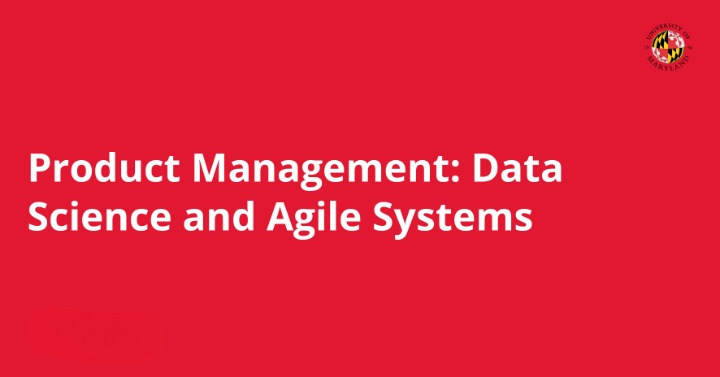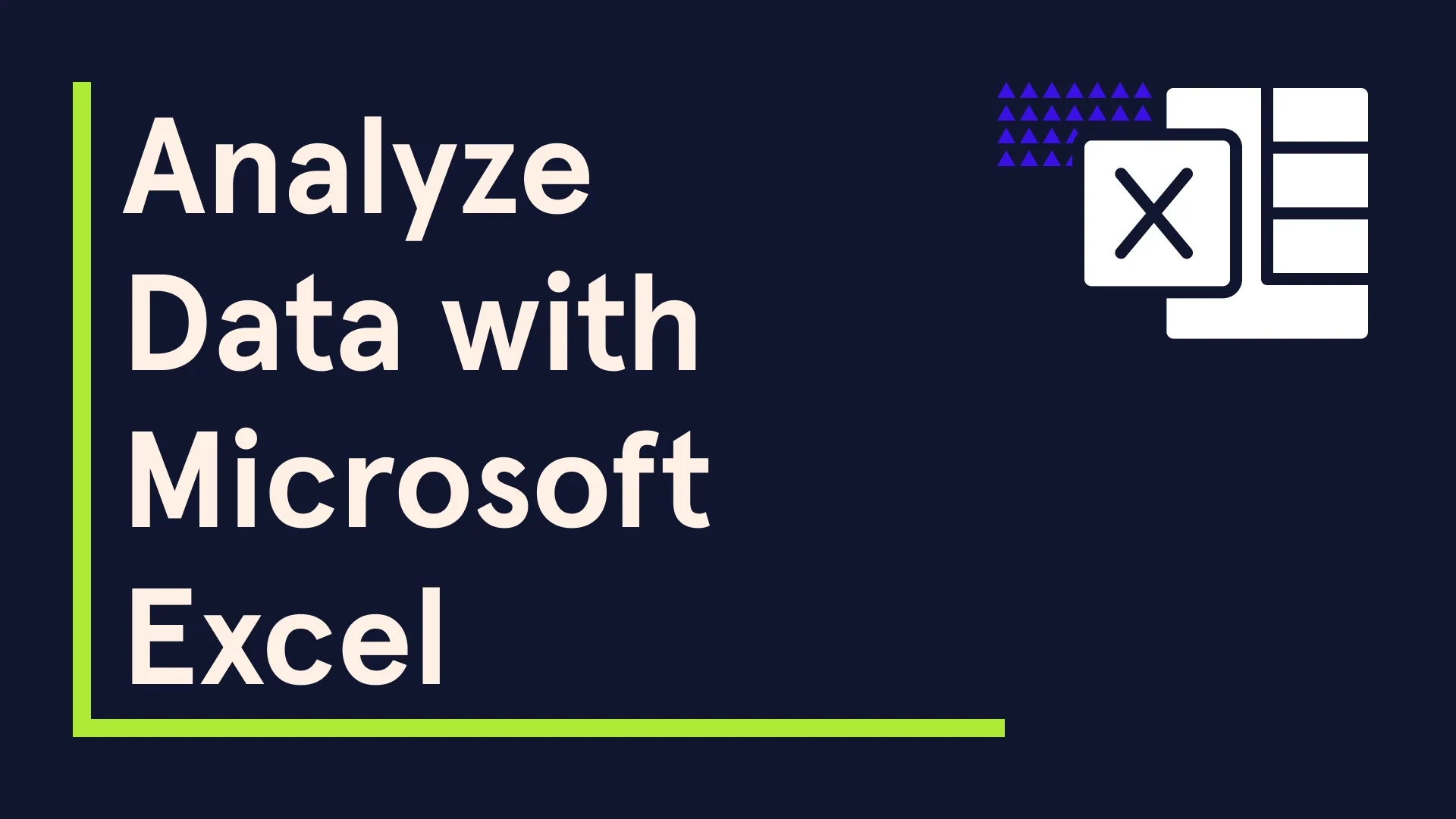Description
This course is aimed at students with prior programming experience in Python and a rudimentary knowledge of computational complexity. You will spend considerable time writing programs to implement the concepts covered in the course. For example, you will write a program to simulate a robot vacuum cleaning a room or model the population dynamics of viruses replicating and drug treatments in a patient’s body.
Topics covered include:
- Advanced programming in Python 3
- Knapsack problem, Graphs, and graph optimization
- Dynamic programming
- Plotting with the pylab package
- Random walks
- Probability, Distributions
- Monte Carlo simulations
- Curve fitting
- Statistical fallacies






Chukwu –
“I highly recommend the ‘Introduction to Computational Thinking and Data Science’ online course. It provided a comprehensive foundation in core concepts, introducing me to essential tools like Python and R. The interactive exercises and hands-on projects allowed me to apply my knowledge directly, fostering a deep understanding of data analysis and computation. The instructor’s expertise and clear explanations were invaluable, guiding me through complex topics effectively. This course has significantly enhanced my skills and prepared me for further exploration in data science.”
Bilkisu –
“This online course was an outstanding introduction to computational thinking and data science. The engaging lessons, hands-on exercises, and expert instructors demystified complex concepts and provided practical skills. I particularly appreciated the emphasis on real-world applications and the opportunity to apply what I learned through projects. Highly recommended for anyone looking to enhance their analytical and problem-solving abilities in the digital age!”
Danjuma –
“This comprehensive course provided an exceptional foundation in computational thinking and data science. The interactive materials, engaging exercises, and knowledgeable instructor made learning accessible and enjoyable. I gained valuable skills in problem-solving, data analysis, and programming, empowering me to approach challenges with a computational mindset. The course fostered my curiosity, expanded my knowledge, and ignited a passion for data-driven decision-making.”
Halimat –
“I highly recommend the ‘Introduction to Computational Thinking and Data Science’ online course. The curriculum was comprehensive and well-structured, providing a solid foundation in the principles and applications of data science. The interactive exercises and quizzes helped reinforce the concepts and encouraged hands-on exploration. The instructors were knowledgeable and supportive, and the discussion forums fostered a collaborative learning environment. I gained valuable skills and insights that I am now applying in my career, and I would enthusiastically recommend this course to anyone looking to enhance their knowledge in this field.”
Folashade –
“This course ignited my passion for computational thinking and data science. The clear explanations and hands-on projects helped me grasp complex concepts with ease. I was amazed by how accessible and engaging the material was, even for a beginner like me. The instructors’ expertise and enthusiasm provided constant guidance and motivation. By the end of the course, I felt confident in applying computational thinking to real-world problems and pursuing further studies in data science.”